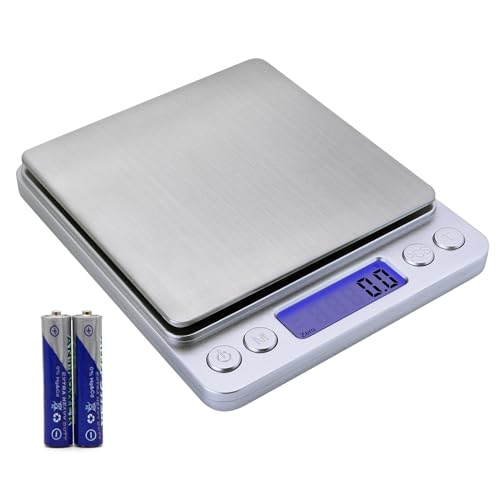Dandruff is considered both bacterial and fungal infection of the skin. Psoriarsis is considered a genetic autoimmune disorder of the skin. Logically (and legally in the US and probably many other countries) anything to treat these would be considered medicinal. So if someone uses pine tar soap with the purpose of 'soothing' or treating one such condition it would be considered medicinal soap (or shampoo, if it were used as a shampoo.)
Some more information about how nano particles are absorbed via the skin (a bit on the technical side):
https://www.ncbi.nlm.nih.gov/pmc/articles/PMC2835875/
Notice that this is a rather old document (2009)
And then there is this article which states nanoparticles are not absorbed via the skin except through hair follicles (Gemany):
https://www.nanopartikel.info/en/nanoinfo/body-barriers/2080-nanoparticles-and-the-skin
An here is a compilation of several studies on the topic of nanoparticulate skin penetration (US - several pages of studies linked in this one article):
https://www.science.gov/topicpages/n/nanoparticle+skin+penetration
More information about the Integumentary System, of which the skin is only a part (less technical, probably easier for the lay person, but still enough science for many of us):
https://biologydictionary.net/integumentary-system/
But the bottom line for me is that I know the skin absorbs some, but not all chemicals. It is a barrier after all, but not an unpenetrable barrier for all things. There is no such thing, IMO.
But does the skin absorb something that is washed off immediately? Well, in some cases yes, and in some cases, no. Take my experience as a nurse. I had to apply nitropaste to a patient. I squeezed the required dose out of the tube onto the tape. (This was before I donned my gloves, stupid mistake.) I accidentally got some nitropaste on my finger tips. I immediately washed my hands. But I still got that horrendous nitropaste headache. (This was decades ago, and yes, I did learn an important lesson from this episode.) So, yes, some things are absorbed quickly and can get into the blood stream in spite of how quickly they are washed off the surface. But not all chemical compounds penetrate all layers of the skin this quickly and not all are able to pass through into the bloodstream.
So how does this relate to moisturizing? Knowing that some agents (chemicals, oils, what-have-you) are able to penetrate to differing depths of the skin layers, how 'moisturizing' are these items if they are in soap? Doesn't it depend on a combination of how long they are in contact with the skin, how penetrable the particles actually are, and how soon they are washed off? For a non-soap example, if I apply straight-up oil to my skin, and not wash it off at all, does that not penetrate my skin and therefore moisturize it? Well, it depends on the oil. Specifically, Babassu oil applied in this way to the skin of my hands penetrates my skin, but within minutes my hands feels quite dry and not moisturized. I know because I have done it a few times, straight up babassu with nothing added. Yet in my deodorant (with other additives), my pits don't feel dry and unmoisturized. In fact, they feel more moisturized. Go figure. But if I apply olive oil to my skin, let it penetrate the layers, yes, my skin feels moisturized and stays that way for awhile with no resulting dryness after penetration. Not sure why. It just is, and may not be the same for all people.
Does my skin feel better after using my own homemade soap? Of course, otherwise I wouldn't be bothering with it. But does it all moisturize? I don't think it necessarily does, but the thing is, in the US at least, if we sell our soap, and if we claim it moisturizes, then our product is regulated as a COSMETIC. If we don't want to have to deal with COSMETICs regulations, then we cannot claim our soap moisturizes. If we have no problem with that, we can make that claim all we want, even if we cannot proove it to be the case. (US specific regulations - not sure how this pertains to anywhere else.)










































